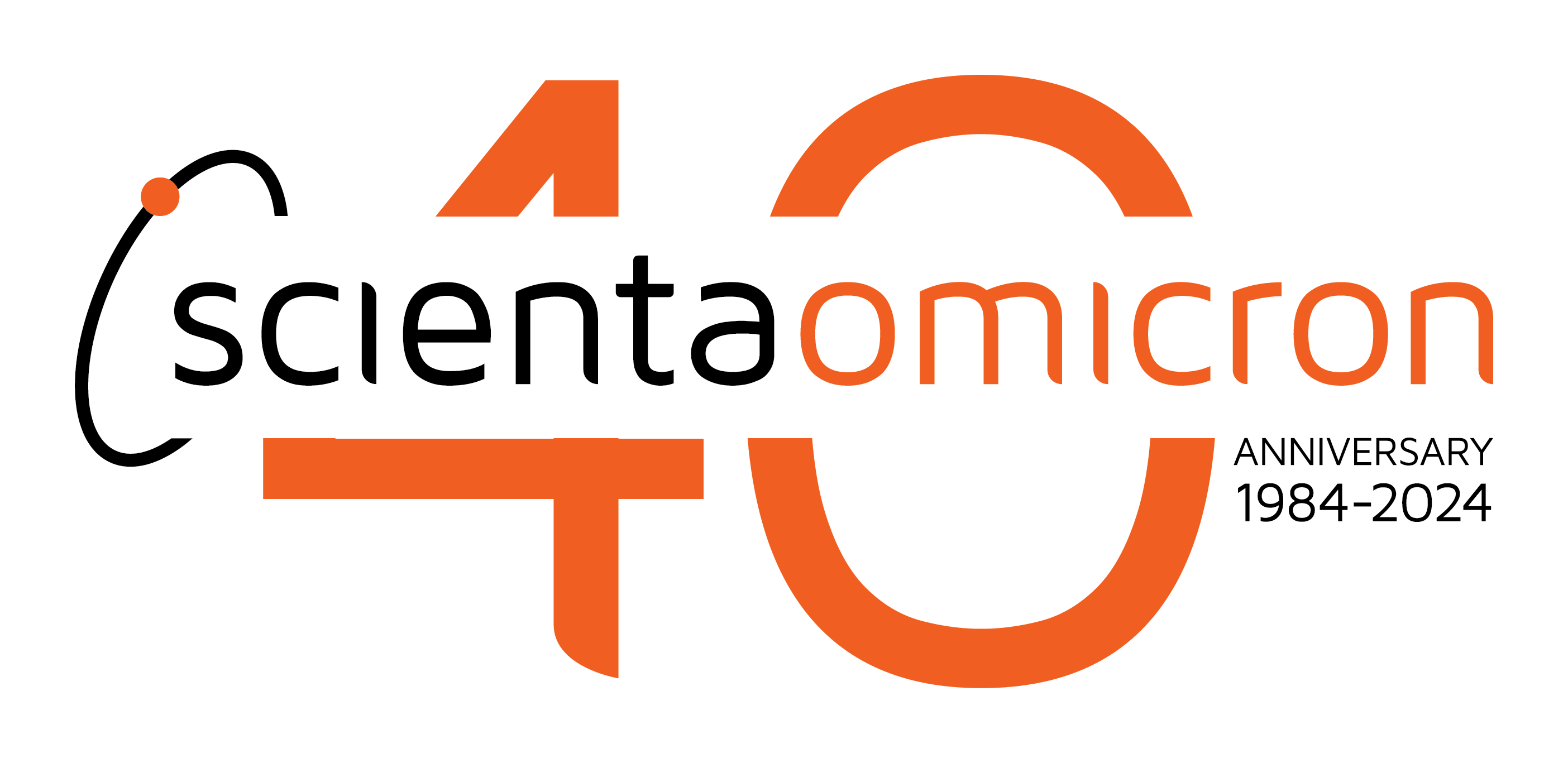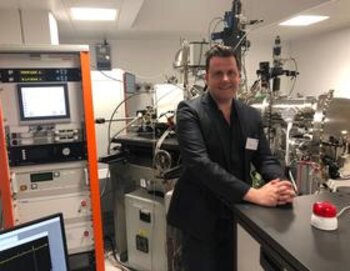HAXPES Lab at Henry Royce Institute, UK
The institute inaugurated its state-of-the-art Advanced Materials Characterization Facilities on 16th May 2019. The facilities includes Scienta Omicron´s one of the first HAXPES Labs. The instrument offers the unique possibility to investigate bulk properties of various materials, analyse buried interfaces and access deep core levels. HAXPES Lab is a convenient to use, turnkey UHV system which includes a 9.25 keV monochromated Ga Liquid Metal X-ray Source and a EW4000 energy analyser allowing for analysis in the full kinetic energy range up to 9252 eV.
On the occasion, Dr. Ben Spencer said: “We are incredibly excited! Even after just running the system for a few weeks after commissioning, we are convinced of its potentials.” Dr. Spencer is the Technical Lead for the HAXPES System at the Institute as well as the Senior Experimental Officer at The University of Manchester.
Dr. Susanna Eriksson, who is the Director of Electron Spectroscopy and has been heavily engaged with the HAXPES Lab project for many years, exuberantly expressed: “We had a great day in Manchester and it was very inspiring to see the system in work producing high quality data just days after commissioning. I am looking forward to a close collaboration with HRI to learn more and further develop applications for HAXPES Lab.”
Johan Åman, who is the CEO at Scienta Omicron, further added: “We were delighted to see that after a smooth installation, the HAXPES Lab is already capturing publication quality data in ways not previously possible in a lab. The scarcity of HAXPES synchrotron measurement slots means that the HAXPES Lab will speed up experimental cycles by orders of magnitude by allowing around-the-clock access for the Royce and its user community. It will also allow previously practically impossible experiments on synchrotrons, which require more complicated and lengthy set-ups, to be run due to the greater availability.”
After the event Dr. Spencer lauded participants by emphasizing: “It was great to see you and showcase our new HAXPES System and other world-leading facilities in the Henry Royce Institute, and discuss our plans for utilizing the system for advanced materials research!”

